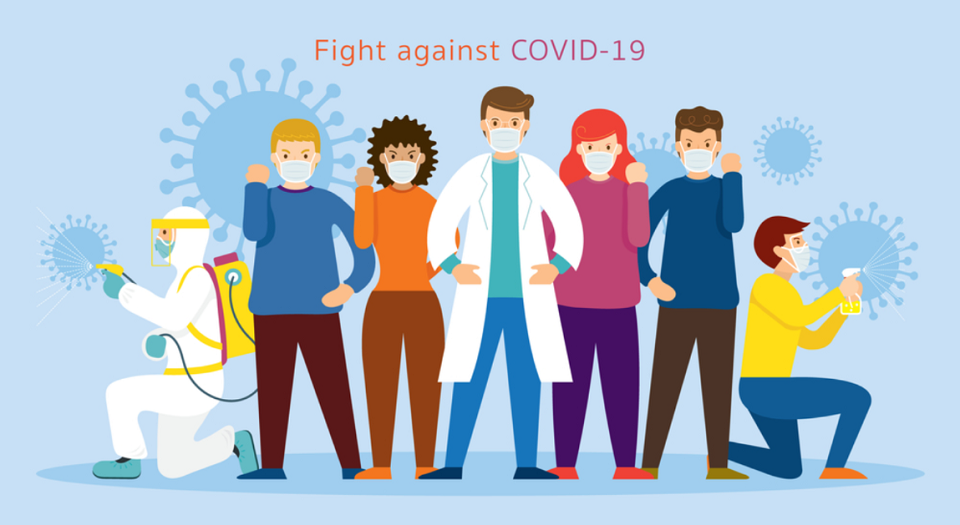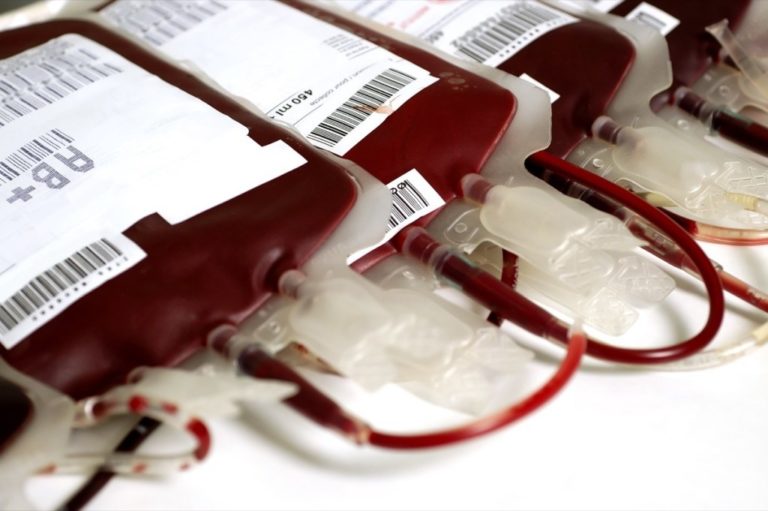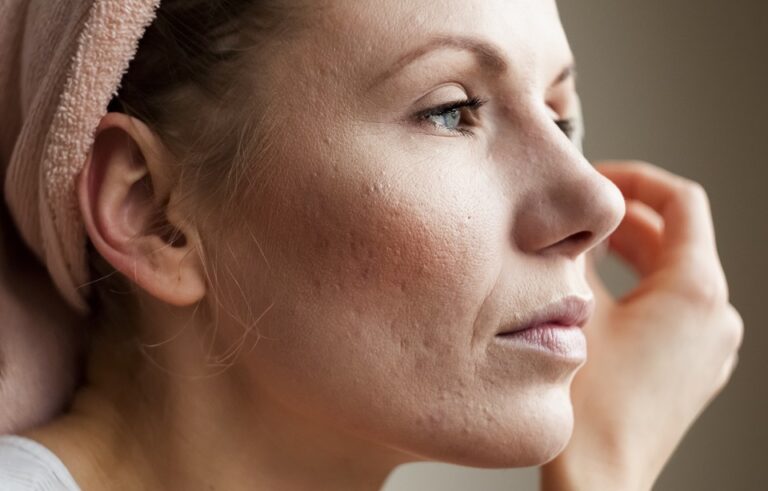
Part 2
Researchers at Imperial College London found a clear link between age and the likelihood of being hospitalised with coronavirus. And older people were also much more likely, once hospitalised, to need critical care.
Fewer than 5% of under-50s needed to be hospitalised because of their symptoms, but this rose to 24% for 70-79-year-olds.
Similarly, only 5% of under-40s who ended up in hospital required critical care, compared with 27% of people in their 60s and 43% of people in their 70s.
This soared to 71% for people over the age of 80, according to estimates based on cases in China and Italy – two of the worst-affected countries.
The average age of people being admitted to critical care units in England, Wales and Northern Ireland was 63, an audit by a research charity suggested.
Meanwhile, the US’s Centers for Disease Control and Prevention (CDC) said early data suggested 53% of those people hospitalised were over 55 – which means about half were younger.
But when it comes to admissions to intensive care units and fatalities, a far higher proportion were in the oldest age categories (about 80% of fatalities were among the over-65s).
These are averages, so within that there will be younger people who do unfortunately suffer more severe bouts of the illness, and some of these cases have been fatal.
In Italy, 0.4% of cases of people in their 40s resulted in death compared with 19.7% of cases in their 80s, while in the US an estimated 0.7% of cases among people in the 40s were fatal.
Director of the US National Institute of Allergy and Infectious Diseases, Anthony Fauci, said the total number of deaths were “overwhelmingly weighted toward the elderly and those with underlying conditions” but added that the virus “isn’t a mathematical formula”.
“There are going to be people who are young who are going to wind up getting seriously ill.”
The WHO says “although the evidence we have suggests that those over 60 are at highest risk, young people, including children, have died”.
A Chinese study of more than 2,000 children who had contracted the virus found that “although clinical manifestations of children’s Covid-19 cases were generally less severe than those of adults’ patients, young children, particularly infants, were vulnerable to infection”.
Pre-existing conditions and underlying health conditions also play a role, regardless of age. For example, there are about 4.3 million adults in the UK who have asthma, which puts you at higher risk of severe illness if you contract coronavirus – and this affects people of all ages.
In 2013, the last time the Office for National Statistics conducted a general lifestyle survey, 21% of 25-44-year-olds reported having a longstanding illness of some kind.
Because of the incubation period of the virus, anywhere from 2 to 14 day (in some cases 27 days), young people may not fall victim to the virus as they have no, or very mild, symptoms, but are almost certainly going to be spreading it without their knowledge.
Only with education, isolation and social distancing can we hope to break the chain of transmission and keep people of all ages safe in a time of uncertainty.

























